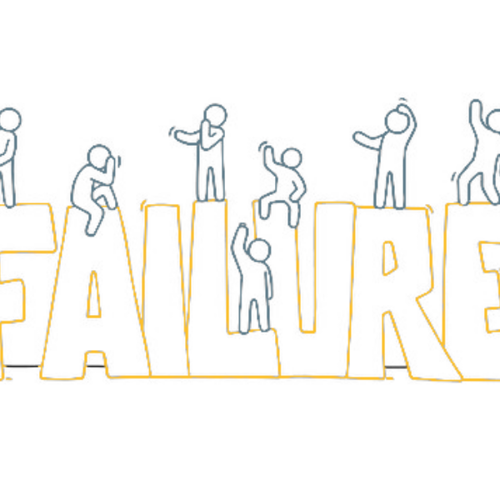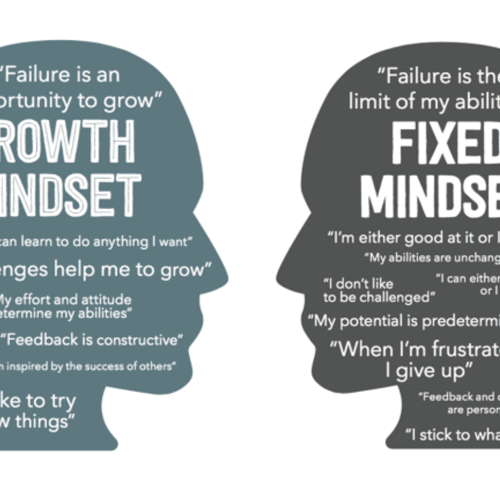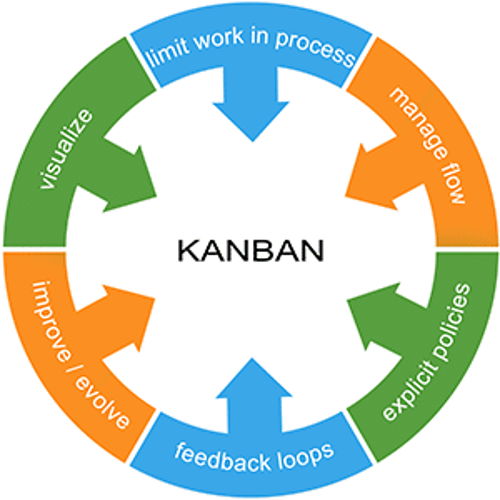Changing vocabulary changes behaviour
Curiosity vs questioning
When asking a question out of questioning, I’m ensuring that they know, which can be demoralizing. When asking a question out of curiosity, I’m ensuring that I know, and the person explaining it to me feels empowered as the expert on the subject.
Learning vs training
Training is something that is done to us. We sit through it, we suffer through it. Learning is something we do. We are actively engaged in processing the information. How a learning program is structured can greatly influence how much or little of a victim mentality exists within an organization. The goal of training should be to increase competence, so that you can delegate more decision making ability. It’s through that decision making that they can then learn!
Play to win (instead of playing not to lose)
The best way to avoid a mistake is to not do anything and not make any decisions. When thinking in an inspection mentality, that’s where the brain regresses to. At first, the Santa Fe’s crew were spending more energy trying to avoid errors than to achieve excellence. Tying day to day actions to a bigger vision to work towards is far more powerful than an inspection failure to work away from.
Don’t be a wrecking ball
Before making changes, ask the existing team some key questions:
- What are the things you hope I don’t change?
- What are the things you hope I do change?
- What are the good things about this organization to build on?
- If you were me, what would you do first?
- Why aren’t we doing better?
...The job of command is to tap into the existing energy, and then remove obstacles…
Maintaining psychological ownership is critical
The team on Santa Fe used to do “end of day checkouts” where a team member would have to tell the XO what was and wasn’t complete. In doing this, the XO became responsible, not the crew member. Have you accidentally put in place babysitting mechanisms that allow your colleagues or family members to absolve themselves of ownership?
Get people to think at the next level
When the leader is wrong in a top-down culture, everyone goes over the cliff. When you’re asked for approval, flip it around and ask “what do you think I’m considering?” This way, you force the team member to act their way into the next level of rank in your organization. Marquet found officers who came from “good ships” later became paralyzed in decision making because they were used to being told what to do. Resist the urge to provide solutions when challenges come up:
-If in a hurry, provide a solution, and then have team critique it
-If it can wait a moment, ask the team for their input, then act
-If it can wait a while, force the team to propose solutions (it’s okay if they don’t all agree)
Also, think out loud as it helps you model that lack of certainty is strength, and certainty is arrogance.
Take care of your people
Here are a few reasons that are new to me… Ensure staff aren’t victims in the HR promotion process; be sure to clarify what they each have control over, and how they can affect their destiny. Beyond that, truly invest in individual goals and helping team members get there. This allows you to later critique them in the moment without coming across as hurtful, because they’ll remember that today you might be upset, but last week you were fighting for their promotion and personal goals.
NOTE: Taking care of people does NOT equal protecting them from the consequences of their own behaviour. Do not rob people of learning!





